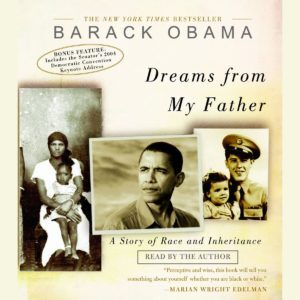 As I sat on the grounds of the United States Capitol when Barack Obama was taking the oath of office, I felt a close kinship to him, though we have never met. The reason was that I had read his book, “Dreams From My Father,” and from it, I learned that he, like I, was able to navigate the sometimes stormy seas of life as a person of color by being wrapped in a suit of armor. That protective gear was crafted for Obama and for me by the values we were wrapped in from childhood, by Mothers who understood that we would need a little bit more than our brains to make it in a world that was not always welcoming and, in my case, that actively threw barriers in front of me as I made my way. And that suit of armor was crafted by the values that have long been the life-saving force for black people. When I was growing up in the segregated South, for example, when my Mother and grandmother — the constant presences in my life — couldn’t give me first class citizenship, due to the racist laws of the South, one of the first layers of armor they crafted for me was a first class sense of myself. They taught me as Jesse Jackson was being taught and later spoke it to another generation: “I am somebody.” If that’s in your head, nobody can take it away from you.
As I sat on the grounds of the United States Capitol when Barack Obama was taking the oath of office, I felt a close kinship to him, though we have never met. The reason was that I had read his book, “Dreams From My Father,” and from it, I learned that he, like I, was able to navigate the sometimes stormy seas of life as a person of color by being wrapped in a suit of armor. That protective gear was crafted for Obama and for me by the values we were wrapped in from childhood, by Mothers who understood that we would need a little bit more than our brains to make it in a world that was not always welcoming and, in my case, that actively threw barriers in front of me as I made my way. And that suit of armor was crafted by the values that have long been the life-saving force for black people. When I was growing up in the segregated South, for example, when my Mother and grandmother — the constant presences in my life — couldn’t give me first class citizenship, due to the racist laws of the South, one of the first layers of armor they crafted for me was a first class sense of myself. They taught me as Jesse Jackson was being taught and later spoke it to another generation: “I am somebody.” If that’s in your head, nobody can take it away from you.
Additionally, my other grandmother whom I visited during summer 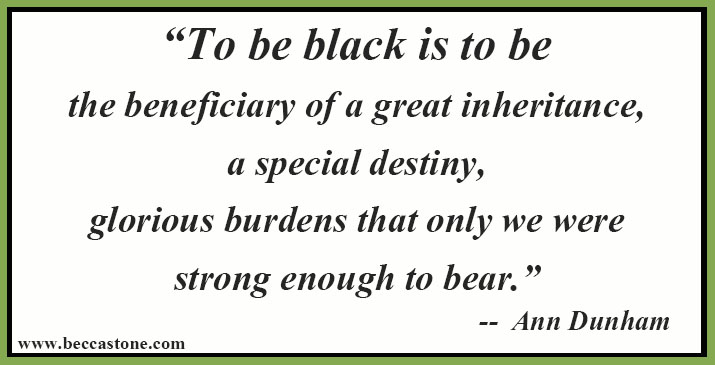 vacation was very religious and read Bible verses to me. And she taught me her favorite — the 23rd Psalm. So that when I walked through hostile mobs shouting threats to kill me because I dared attempt to attend an all-white University, I held my head high and walked through the mobs unafraid because of another layer of that armor — the 23rd Psalm that went, “Yea though I walk through the valley of the shadow of death, I will fear no evil, for Thou art with me. Thy rod and thy staff they comfort me, all the days of my life.” And I persevered and long after the mobs had been silenced, graduated from that place.
vacation was very religious and read Bible verses to me. And she taught me her favorite — the 23rd Psalm. So that when I walked through hostile mobs shouting threats to kill me because I dared attempt to attend an all-white University, I held my head high and walked through the mobs unafraid because of another layer of that armor — the 23rd Psalm that went, “Yea though I walk through the valley of the shadow of death, I will fear no evil, for Thou art with me. Thy rod and thy staff they comfort me, all the days of my life.” And I persevered and long after the mobs had been silenced, graduated from that place.
Likewise , it was Barack Obama’s Momma who clothed him in a suit of armor also. In fact, you could easily say she was the woman who made the man. As a young teenager who was being lured by the streets, she told him he needed to “grow up like a human being,” telling him in order to do that “You’re going to need some values.”
And the values she insisted he internalize were: honesty, fairness, straight-talk and independent judgment – in Obama’s words, giving voice to “needlepoint virtues.”
For black children growing up in the segregated South, “needlepoint virtues” also meant education. And those virtues were timeless and transcendent — meaning they applied to all human beings, regardless of color and were not limited by date. As black children, we were taught that education would be our salvation, and in another generation, Obama’s Mother, who was white and had little money, but who respected Black history, black values and the struggle of black people, taught the same thing. As Obama wrote:
“Five days a week, she came into my room at four in the morning, force-fed me breakfast and proceeded to teach me English lessons for three hours before I left for school and she went to work. I offered stiff resistance to this regimen, but in response to every strategy I concocted, whether unconvincing – “my stomach hurts” or indisputably true – my eyes kept closing every five ¬minutes, she would patiently repeat her most powerful defense: “This is no picnic for me either, buster.”
“Yes!!”, I remembered thinking the first time I read this as the mother of a son who was once a teenager.
Barack’s Mother, Ann Dunham, overcame young Barack’s adolescent resistance and taught him that “rational, thoughtful people could shape their own destiny.”
And even though Obama’s father, a Black African, had abandoned her, without rancor, she passed on to him the values that surely must have attracted her to his father in the first instance, telling young Barack his Kenyan father “had grown up poor, in a poor country, in a poor continent; how his life had been hard. But he hadn’t cut corners or played all the angles. He was diligent and honest, no matter what it cost him. He had led his life according to principles that demanded a different kind of toughness, principles that promised a higher form of power. I would follow his example, my mother decided. I had no choice.”
Moreover, this sensitized white woman taught him about the marches for freedom in the US, telling him “To be black was to be the beneficiary of a great inheritance, a special destiny, glorious burdens that only we were strong enough to bear.”
If we are to prosper as a people, we must wrap our children in suits of armor like Barack Obama’s and mine, crafted out of time-honored values that brought us to the day when we had our first Black President and when we can help our children shape their own destiny.
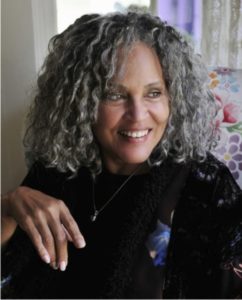
Author: Charlayne Hunter-Gault




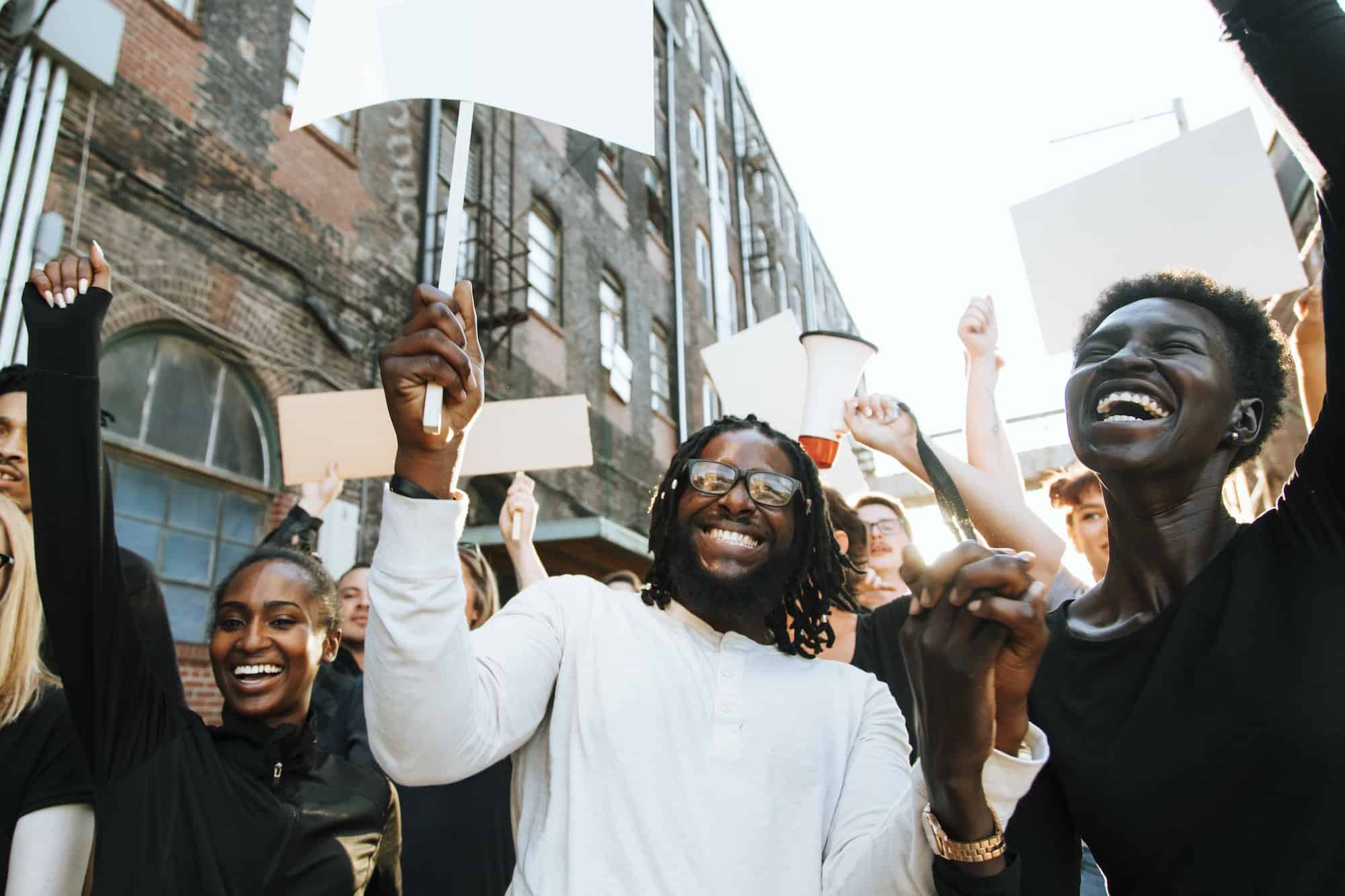
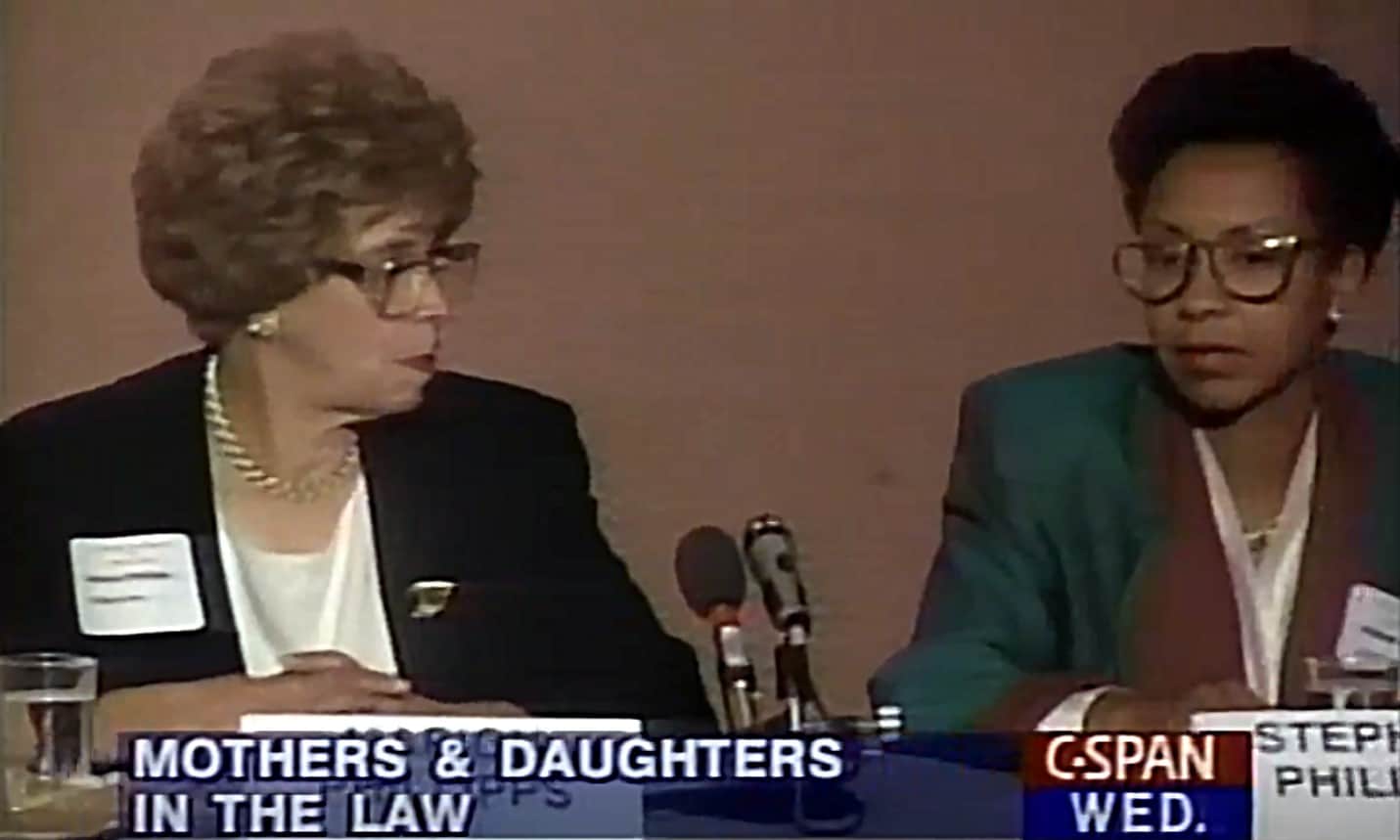
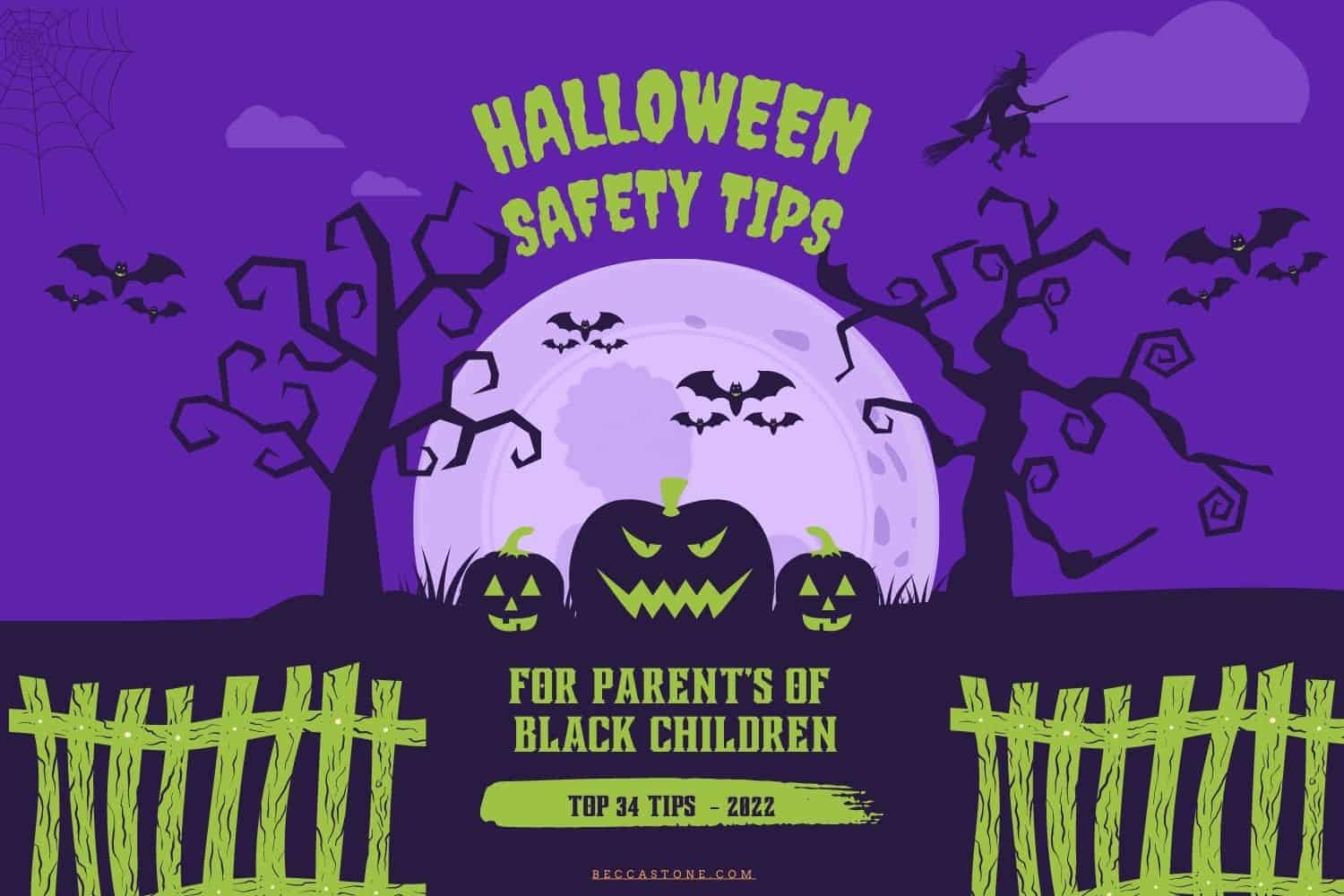
Share your thoughts